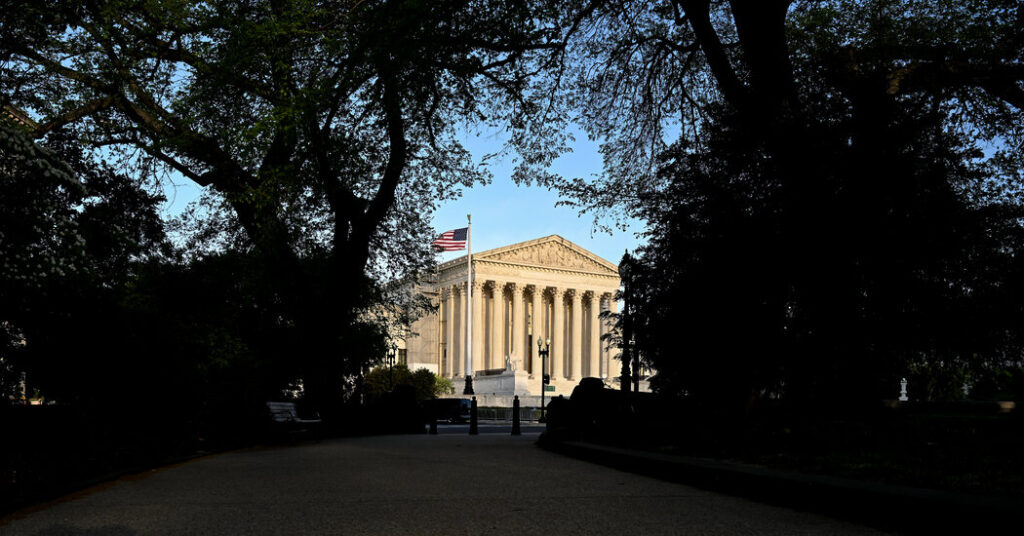Supreme Court Declines to Rule on Tech Platforms’ Free Speech Rights

The United States Supreme Court has recently declined to rule on a case that could have had major implications for tech platforms’ free speech rights. The case, which involved a dispute between a user and a social media platform, raised questions about whether tech companies have the same First Amendment protections as traditional publishers.
The case in question, called Malwarebytes, Inc. v. Enigma Software Group USA, LLC, centered around a lawsuit filed by Enigma Software Group against Malwarebytes, a cybersecurity company. Enigma Software claimed that Malwarebytes had unfairly labeled its software as malicious and blocked it from being downloaded, effectively censoring its speech.
Enigma Software argued that Malwarebytes was acting as a publisher by curating and filtering content on its platform, and therefore should be subject to the same free speech protections as traditional media outlets. Malwarebytes, on the other hand, contended that it was simply providing a service to its users and had the right to regulate the content on its platform as it saw fit.
The case made its way to the Supreme Court, where many believed that the justices would finally provide clarity on the issue of tech platforms’ free speech rights. However, in a surprising move, the Court declined to hear the case, leaving the lower court’s ruling in favor of Malwarebytes intact.
This decision has left many wondering what this means for the future of tech platforms and their ability to regulate content on their platforms. Without a definitive ruling from the highest court in the land, the legal landscape remains murky, with lower courts left to interpret the law on a case-by-case basis.
Some experts believe that the Supreme Court’s decision not to hear the case is a missed opportunity to clarify the rights and responsibilities of tech platforms when it comes to free speech. They argue that in an age where social media has become a primary source of information for many people, it is crucial to establish clear guidelines for how these platforms can regulate content without infringing on users’ First Amendment rights.
On the other hand, proponents of the Court’s decision argue that tech platforms should have the freedom to moderate content on their platforms without fear of being held liable for censorship. They believe that holding these companies to the same standards as traditional publishers could stifle innovation and limit the ability of platforms to combat harmful or illegal content.
Ultimately, the Supreme Court’s decision not to rule on the Malwarebytes case leaves the issue of tech platforms’ free speech rights unresolved. It remains to be seen whether future cases will provide the clarity that many are seeking on this important issue. In the meantime, tech companies will continue to navigate the complex legal landscape surrounding content moderation and free speech on their platforms.